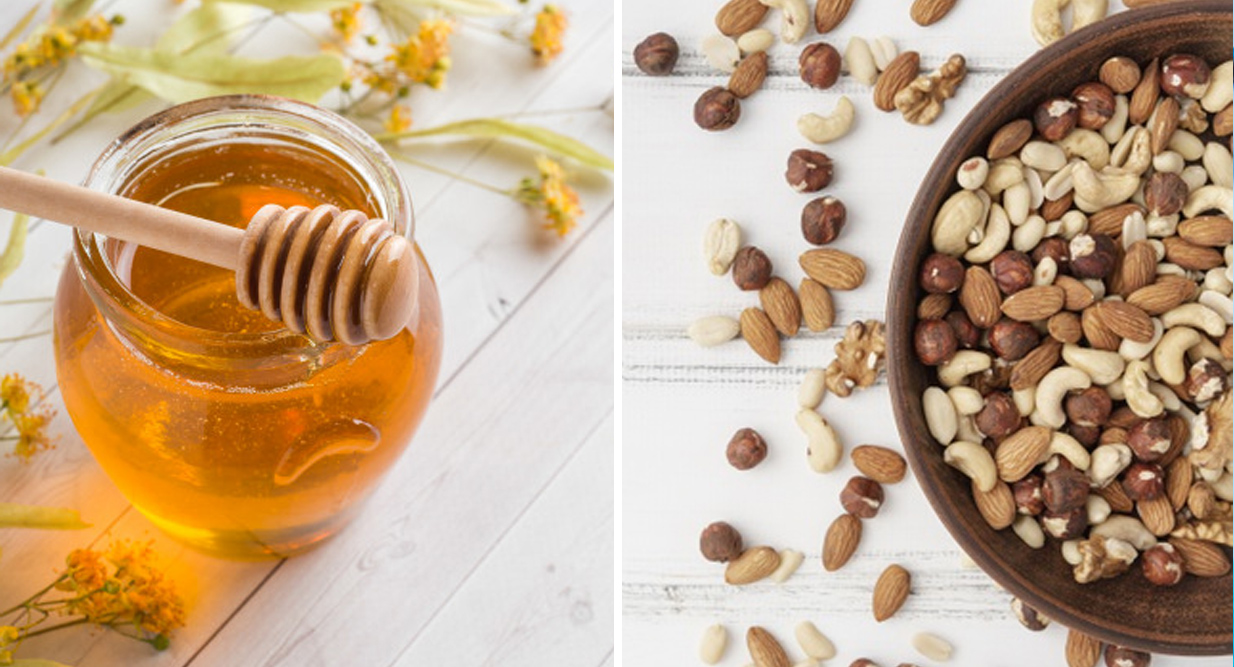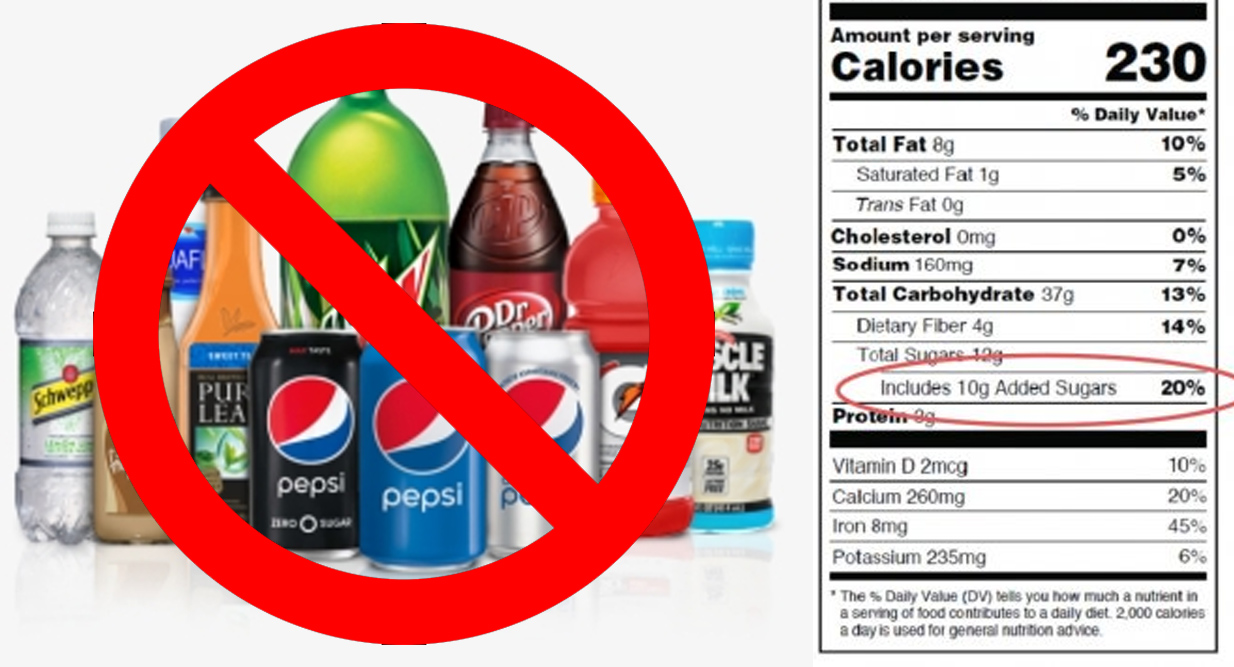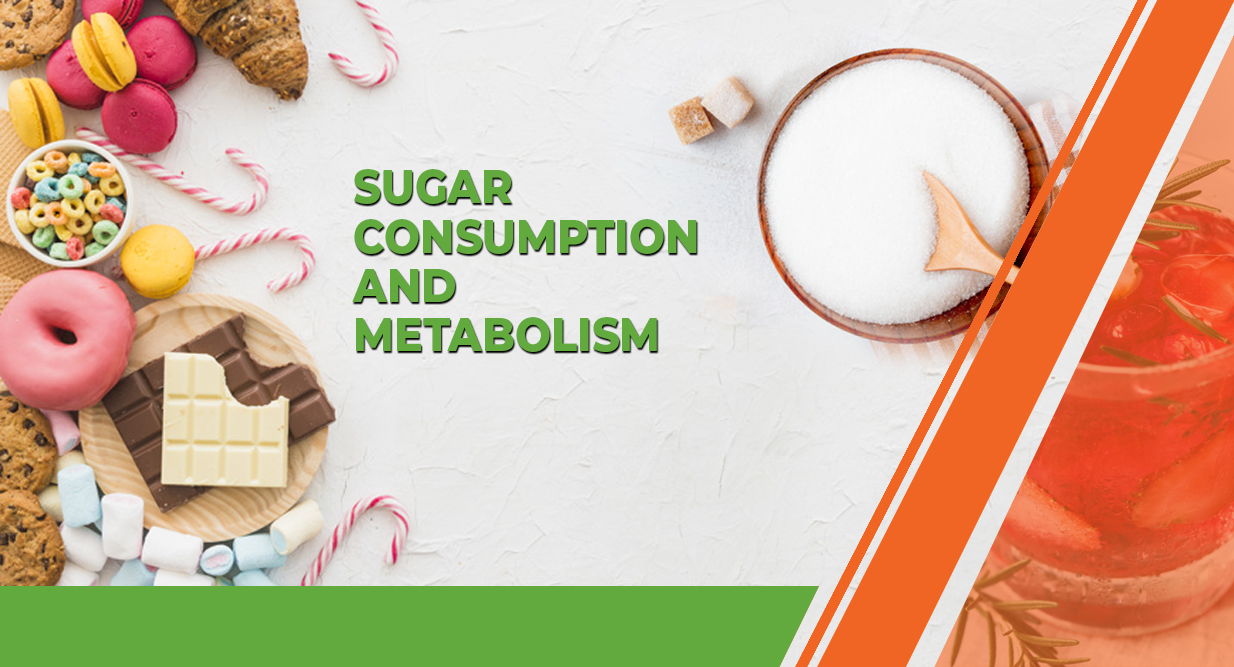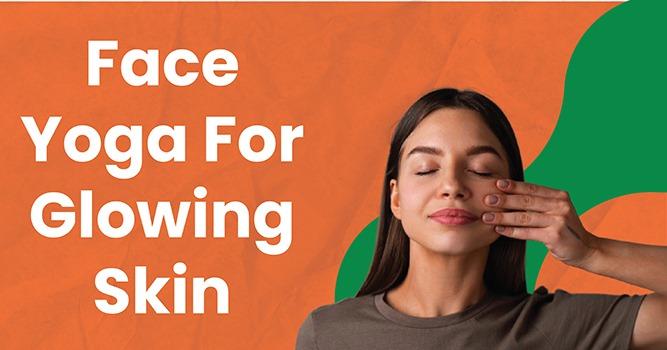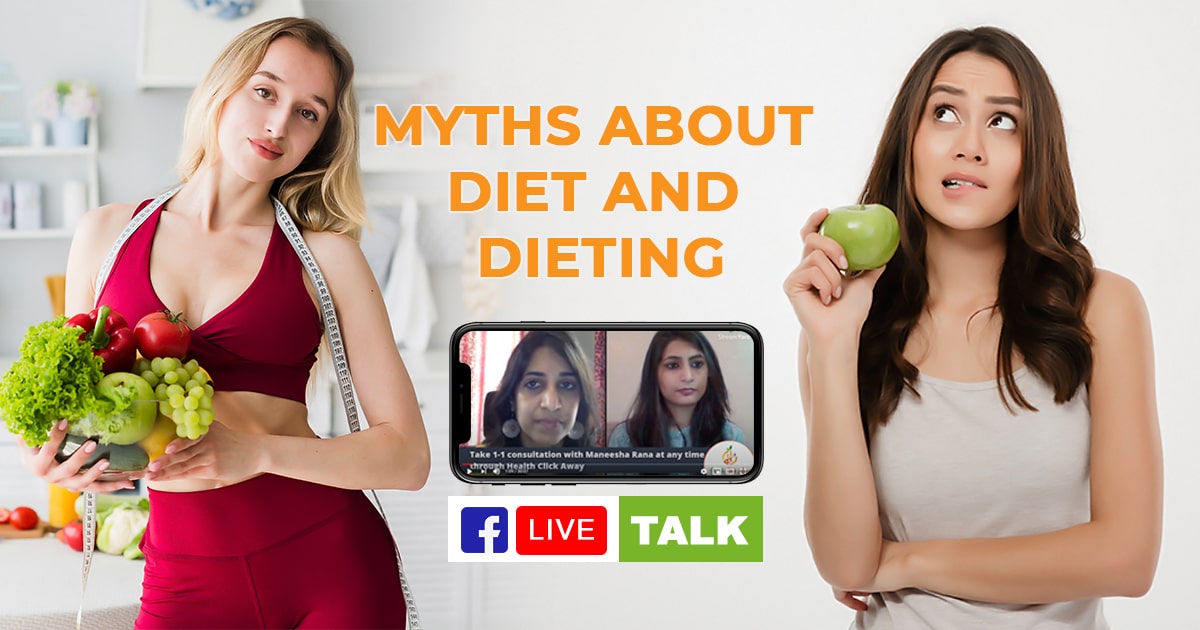
Obesity is a health disease that poses a major threat to the health and quality of life. It is generally accepted that it results from an imbalance between Energy (food) intake and Energy output (i.e. daily physical activity).
Sugar is a major culprit for weight gain. According to the U.K. guidelines, adults should have a maximum of 30g of sugar per day. This includes not only, what you put in your tea or coffee but also the sugary drinks like coke and the other foods that you consume.
SOURCE OF EMPTY CALORIES
Sugar is a source of empty calories which means it does not provide any nutrients, it only adds in calories. This can result in weight gain which is associated with Type 2 diabetes.
Sugar can temporarily soothe our cravings however, more often than not, it does not satiate our hunger. Furthermore, carbohydrates are easily digested, especially refined ones. So often we find ourselves enjoying a large bowl of pasta, hoping to satisfy our hunger pangs. However, this keeps us feeling full for only a couple of hours rather than for a longer period of time. This results in us craving for more food and ultimately triggers overeating. An easy way to prolong the feeling of fullness is by adding some vegetables as a source of fiber and protein to the dish.

SUGAR: EFFECTS ON HEALTH
- Escalated blood sugar- Hyperglycemia is a major threat to health.
- Many researches have shown that there is a link between sugar consumption and obesity.
- A survey demonstrated that those children between the ages of 6 to 10 who consumed more sugar had more body fat.
- Obesity is associated with heart disease and type 2 diabetes in adults.
- High sugar diet is associated with leptin resistance (a type of a hormone) which can lead to an increase in appetite.
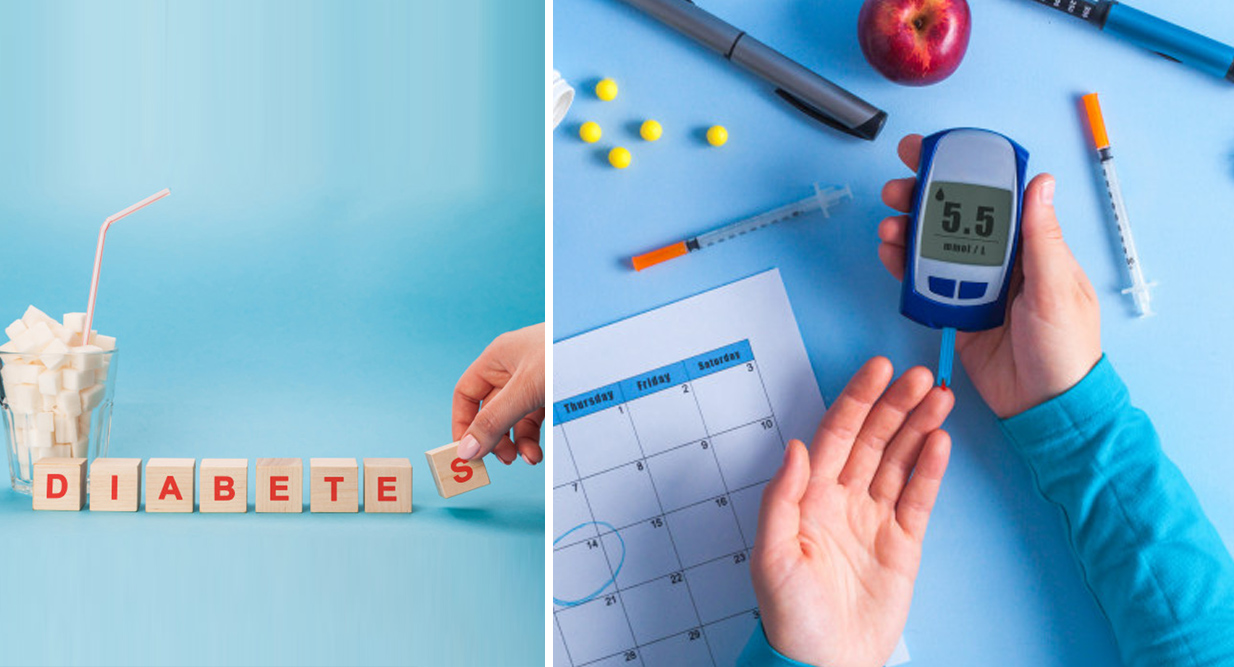
REDUCE YOUR EXCESSIVE SUGAR INTAKE
- Aim to reduce sugary drinks like soda, energy drinks and replace them with plain or flavored water and herbal tea.
- Try and read food labels and opt for foods ‘low’ in sugar. You can tell a food is ‘low’ in sugar when it contains 5g or less of total sugars per 100g.
- Your taste buds are adjustable meaning they can be retrained. If currently, you take 2 teaspoons of sugar with tea, try limiting it to 1 and ¾ teaspoon. Then 2 weeks later you can reduce further but very slowly and slightly, so that your tastebuds can adjust to this change gradually.
- When craving something sweet, try eating a piece of fruit instead.
- Being mindful and tracking what you eat can help in curbing excessive consumption. What’s great is that you can accomplish all these goals with the app Health Click Away.
